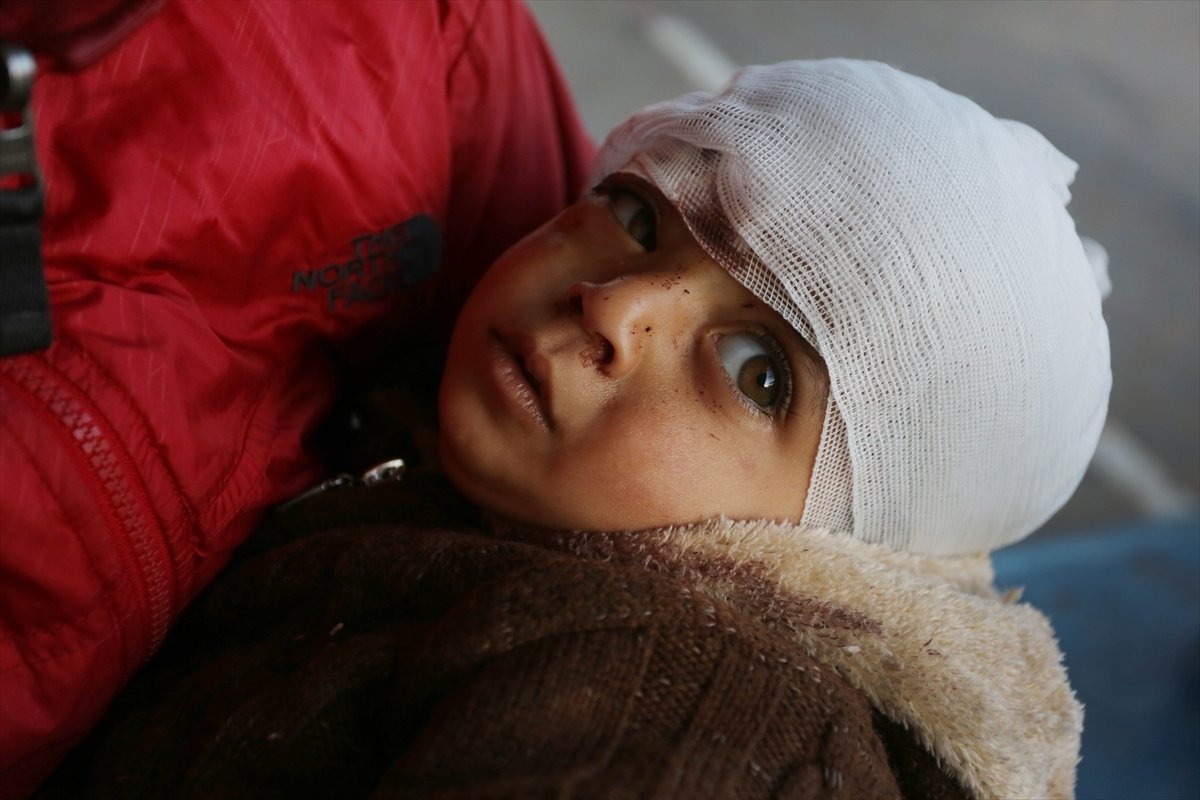The Perilous Rhetoric of Israeli Politics
Edmund Burke once remarked on the unique discernment of English ears, suggesting that a person’s speech can reveal much about them. In a similar vein, recent public discourse in Israel has exposed the deep divisions within the political landscape, as illustrated by controversial remarks made at a recent conference in Beersheba.
A Fiery Address in Beersheba
At the Sderot Society and Education conference held on May 27, a prominent former politician delivered a speech that quickly drew both applause and harsh criticism. The speaker openly chastised members of the government for what he described as the nation’s slide into madness. According to him, post-war strategic advances have given way to a politically motivated campaign that overlooks the real needs of Israeli society. He argued that the state’s priorities should instead focus on addressing critical civic responsibilities, placing the well-being of its citizens above strategic ambitions.
Critique of National Policies and Leadership
During a radio interview, he warned that Israel’s current trajectory risks turning the country into an international pariah, drawing unfavorable comparisons to past regimes marked by racial segregation. He stressed that Israel cannot simultaneously weaken enemy groups while securing the safe return of hostages. Rather, he asserted that immediate humanitarian concerns must take precedence over long-term political or military objectives. According to his view, a sane nation refuses to engage in indiscriminate violence against civilians, nor should it pursue policies that remove entire communities from their homes.
The speaker did not shy away from targeting those he deemed responsible for the prevailing turmoil. In particular, he leveled harsh accusations against the prime minister, labeling him as driven by vengeful and intolerant impulses, and even suggesting that his actions isolated him from the ethical traditions of Judaism. His words drew bitter recollections of earlier, divisive remarks made in hushed corridors of political power, serving to underscore the depth of internal conflict.
Historical Echoes and Unyielding Accusations
Referencing Israel’s turbulent past, the speaker recalled times when the nation was built on courage and unity during conflicts in 1947, 1956, 1967, 1973, and 1982. In stark contrast, he accused his political adversaries of cowardice and self-interest, claiming that their modern approach is guided more by fear than by the noble legacy of past generations. He even contrasted his own personal commitment—citing his decision to volunteer on the day of a major militant attack—with what he perceived as the inaction of his critics.
Beyond national policy, he charged the prime minister with conduct that not only endangered Israel’s political future but also its very moral fabric. In his view, the prime minister’s alleged covert contacts with foreign entities tested the limits of loyalty to the state, culminating in what he deemed a betrayal. He cast the entire ruling establishment as disconnected from the core values that have sustained the Jewish people through centuries of persecution, sorrow, and resilience.
Public Outcry and the Limits of Political Discourse
At the Beersheba conference, his passionate criticism escalated as he responded to jeers and accusations hurled at him by attendees. With a voice marked by both anger and desperation, he declared that the prime minister had long been a symbol of division and hatred, inciting unfounded animosity that overshadowed any genuine policy debate. Drawing upon historical analogies, he warned that the current trajectory of political leadership could lead to consequences more severe than those posed by external foes.
This incendiary rhetoric is not isolated. Other influential figures have also denounced the prime minister’s policies, accusing him of jeopardizing the nation’s future and even of harboring a callous disregard for victims. Such criticisms have ranged from claims of political treachery to more personal condemnations, reflecting deep-seated frustrations across the political spectrum.
Reflection on a Divided Nation
The events of the past weeks have exposed just how fraught Israel’s internal debates have become. The polemical language used by political leaders and activists alike not only mirrors the country’s long history of internal and external struggles but also sets the stage for potentially staggering costs if the cycle of blame and recrimination continues unchecked.
As the nation grapples with the consequences of its divided political discourse, the coming months will undoubtedly test Israel’s ability to reconcile its rich legacy with the demands of modern, responsible governance.

Embracing Faith, One Insight at a Time!
The teachings of the Quran have always guided my path. With a deep passion for Islamic knowledge, I strive to blend the wisdom of tradition with the relevance of today, making the timeless messages of Islam accessible and meaningful for everyone.
Muslim Culture Hub is my platform to share historical insights and thought-provoking articles, exploring both well-known and lesser-discussed aspects of Islamic culture and beliefs. My mission is to create an inclusive online space where everyone can learn, strengthen their faith, and connect with the profound message of Islam.
Join the journey!
May peace be upon you.








